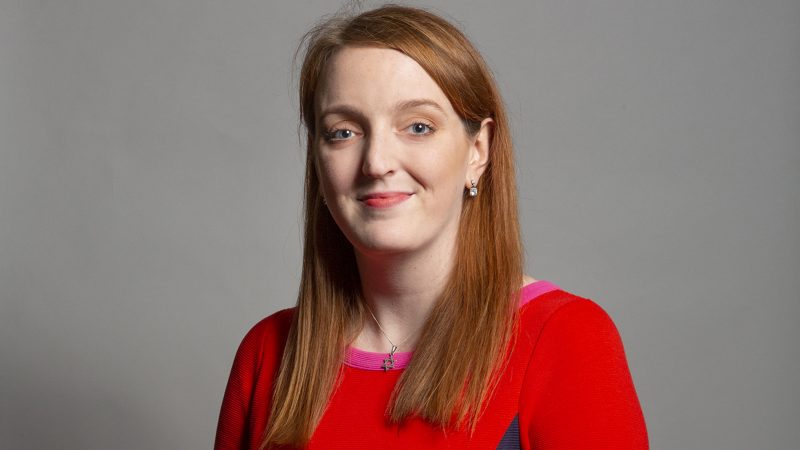
In deciding whether to have children, couples face a well known dilemma – access to housing, and access to childcare. But this misses out a crucial element for many: access to healthcare and treatment. For couples struggling with infertility, they face a trilemma.
One in six couples in the UK face problems with infertility and rely on treatments such as IVF to conceive. As if spiralling rent and childcare costs weren’t enough, they face another hurdle – the ‘postcode lottery’ of IVF services. The unfairness of this lottery is stark. A couple living in Sefton can get three cycles of IVF on the NHS, but in others they are only allowed one.
Since it can cost up to £10,000 to fund only one cycle privately, this means that many people are being priced out of IVF treatment and the opportunity to have a family. Our national guidelines state that couples should receive three rounds of IVF on the NHS and yet this level of service is available in fewer than one in five NHS commissioning areas in England, leaving couples across the UK – who do not have a spare £15,000 – unable to start a family.
Some couples in England consider going abroad for IVF treatment as the cost can often be lower, but this carries increased risks. Not all countries have the same laws as the NHS to govern treatment, and the Human Fertilisation & Embryology Authority (HFEA) has no powers overseas to support couples if something goes wrong.
Our NHS should provide fair, equal, and safe access to treatment – but the current postcode lottery in NHS-funded IVF treatment is placing undue strain on couples across the country. This is where the trilemma mentioned earlier really comes into play. People are having children later – often because they have to wait until they are able to afford to have children and homes of their own, but this waiting means their chances of needing IVF also increase meaning financial pressures pile up on each other.
The first ever Women’s Health Strategy, published in July, was an opportunity for the government to tackle the postcode lottery. Sadly, it failed to commit to any concrete action to improve access to IVF treatment, instead pushing IVF access to the bottom of the women’s health agenda. Again, this means that couples living only a few miles apart will experience wildly different access and, so, wildly different opportunities.
It’s so disheartening to see couples face this challenge, and to know that the hardship will be impacting countless more couples across the country simply because of where they live. Unable to afford private treatment, prospective parents will continue to face unacceptable pressures in trying to create a family. By addressing the IVF postcode lottery now, we will help to protect everyone’s right to a family in England.




More from LabourList
Turning the page? Labour’s recovery in the polls show a path to 2029 victory
Restoration announce recommendations for NEC candidates
‘Factionalism at the top is weakening Labour – and handing a gift to Reform’